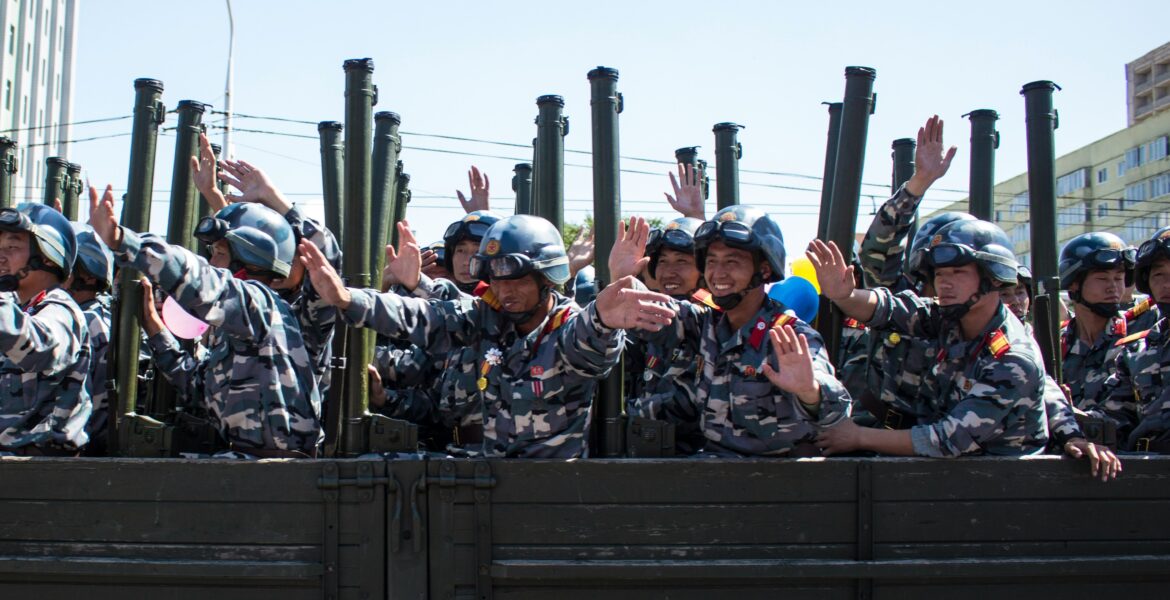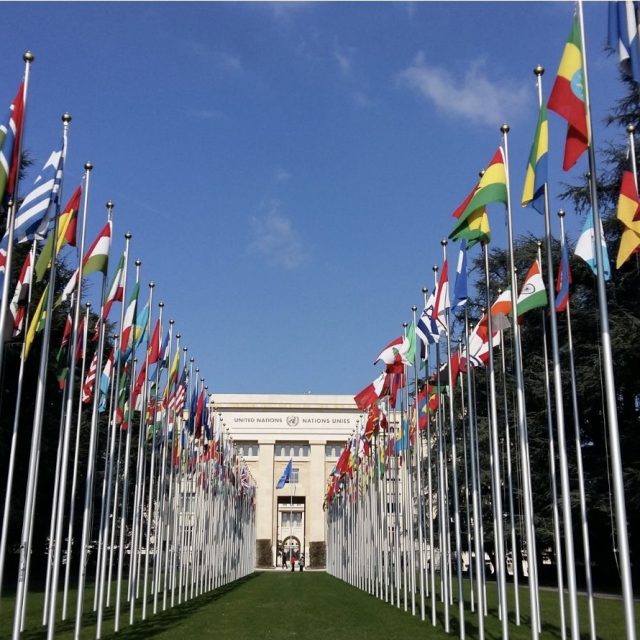Photo by Micha Brändli on Unsplash
The invasion of Ukraine has taken a new turn with Russia increasingly drawing its ally, North Korea, into the conflict. Under President Putin, Russia is forming a comprehensive strategic partnership with Pyongyang, pledging mutual military assistance in the event of attacks on either nation. This alliance bears an unsettling resemblance to the tactics employed by Nazi Germany in its formation of a military bloc before World War II (The Molotov Ribbentrop Pact), suggesting a dangerous echo of historical aggression.
As the Kremlin looks to solidify its military-political ties with North Korea, it poses significant challenges not only for Ukraine but also for the collective West. Both authoritarian regimes are showcasing a shared vision of global order, emphasizing the resilience of dictatorships in the modern world, thereby undermining the notion of the “end of history.” Russian leaders have shown admiration for the North Korean model, with its centralized power under the Kim dynasty and the state-controlled economy. Elements of this model are already emerging within Russia, hinting at a deeper integration of North Korean practices.
On the military front, cooperation between the two countries is accelerating. North Korea is supplying weapons to the Russian armed forces, contributing to Russia’s military aggression against Ukraine. Reports confirm that North Korean KN-23 ballistic missiles, akin to Russia’s Iskander systems, have been used in strikes on Ukrainian territory. Pyongyang is reportedly fulfilling up to 50% of Russia’s annual ammunition requirements, amounting to 1.5 million rounds.
Additionally, North Korea has sent military instructors and troops to assist Russia, with estimates suggesting that as many as 30,000 North Korean soldiers could be integrated into Russian forces. This involvement reflects Russia’s struggles to replace its war casualties, raising concerns about the reliability of North Korean soldiers who might defect upon exposure to life outside their repressive regime.
However, the partnership is not solely about military support; Kim Jong-un is also seeking nuclear technology and military-grade uranium from Russian reserves, potentially destabilising the global non-proliferation regime and jeopardising Russia’s status as a permanent member of the UN Security Council.
This alliance effectively puts Russia in a state of conflict with South Korea, heightening tensions on the Korean Peninsula and raising fears of broader military escalation. As Putin faces mounting challenges in Ukraine, his alliance with North Korea could escalate into new, unpredictable conflicts, further complicating the geopolitical landscape.
In light of these developments, the Russian government is moving to ratify a comprehensive strategic partnership agreement with North Korea, signed during Putin’s visit to Pyongyang. This agreement formalises a military alliance, facilitating the supply of North Korean weaponry and coordinating efforts to bypass Western sanctions. The presence of North Korean military personnel within the Russian armed forces signals a strengthening of anti-Western alliances.
Amid these dynamics, concerns have emerged regarding the effectiveness of North Korean troops on the battlefield. Previous reports indicated that North Korean soldiers had been killed in Russia, fueling discussions about their deployment in Ukraine. While North Korean military personnel have long been involved in training and sharing experiences, their role remains contentious and fraught with logistical challenges, especially in combat scenarios.
As Russia continues to grapple with manpower shortages due to heavy losses, the integration of North Korean forces into its military operations could become more pronounced. This might lead to their deployment in fewer front-line roles or support capacities, but the prospect of direct combat involvement raises significant concerns.
Should North Korean troops fully engage as combat units within Russian forces, it would compel international partners to reevaluate their strategies regarding the conflict in Ukraine. The ongoing war is not just a struggle against Putin’s authoritarian regime but also a challenge posed by Kim Jong-un, representing a coalition of rogue states that poses a threat to global stability. The potential for direct military engagement by North Korea in Ukraine signifies a serious escalation that the civilised world must tackle.




